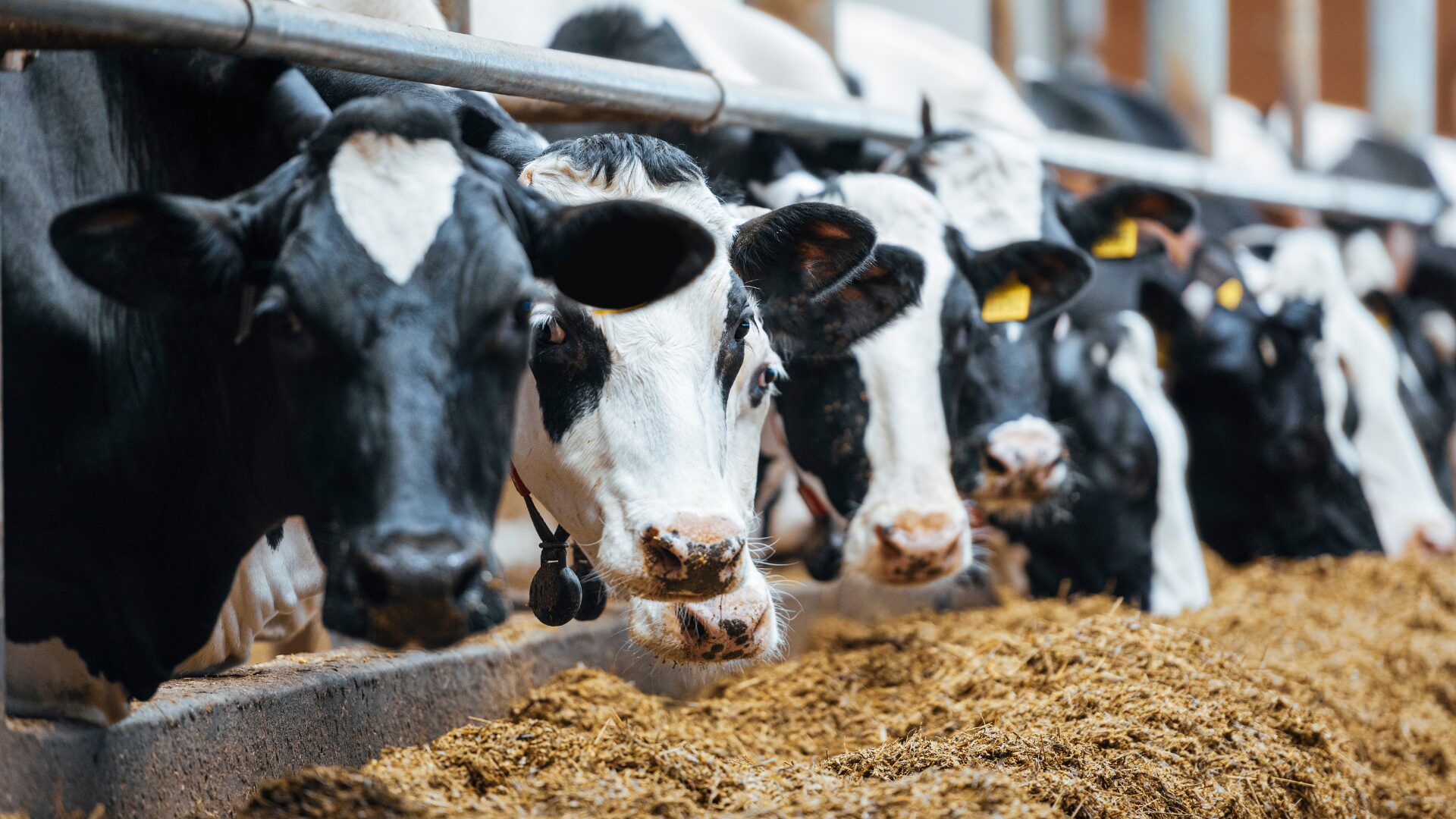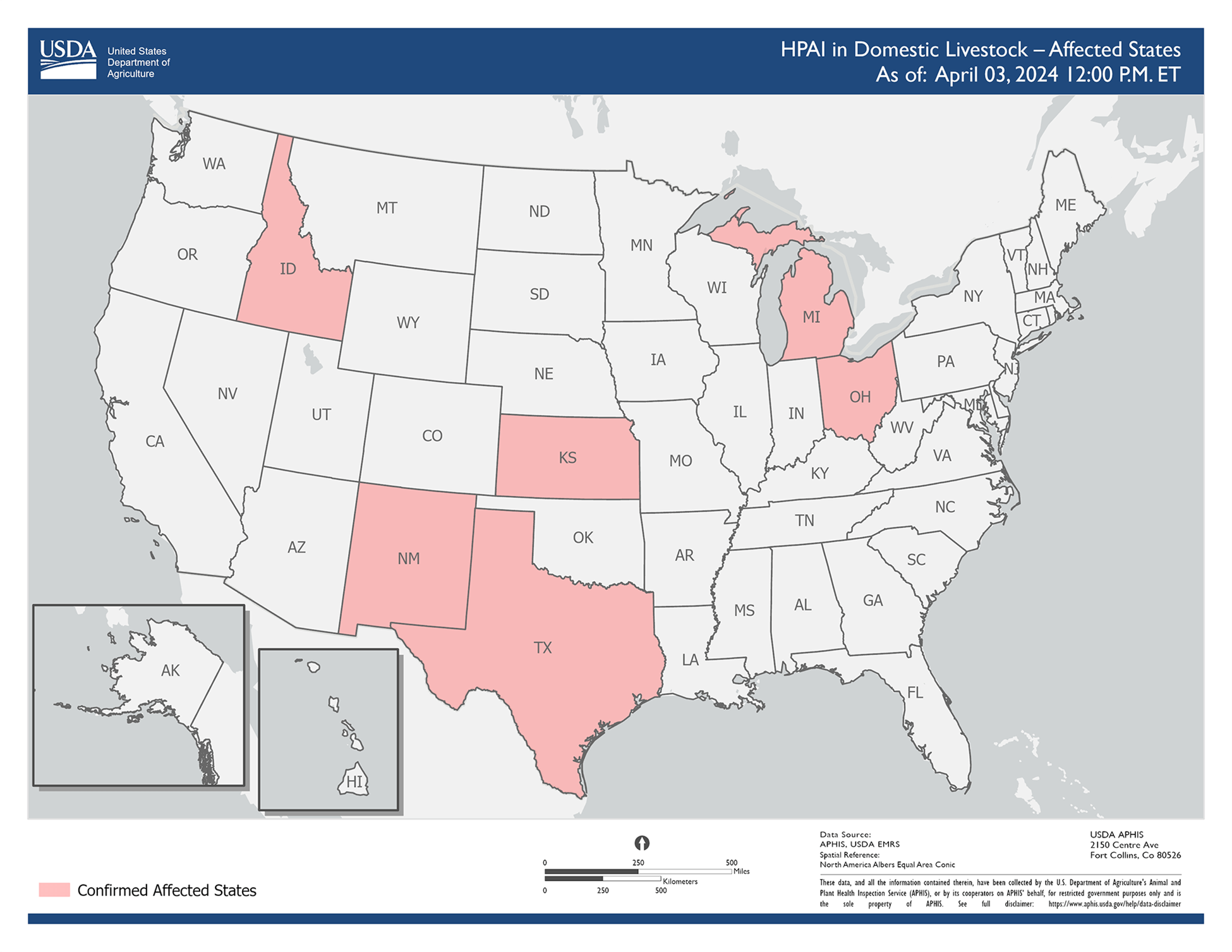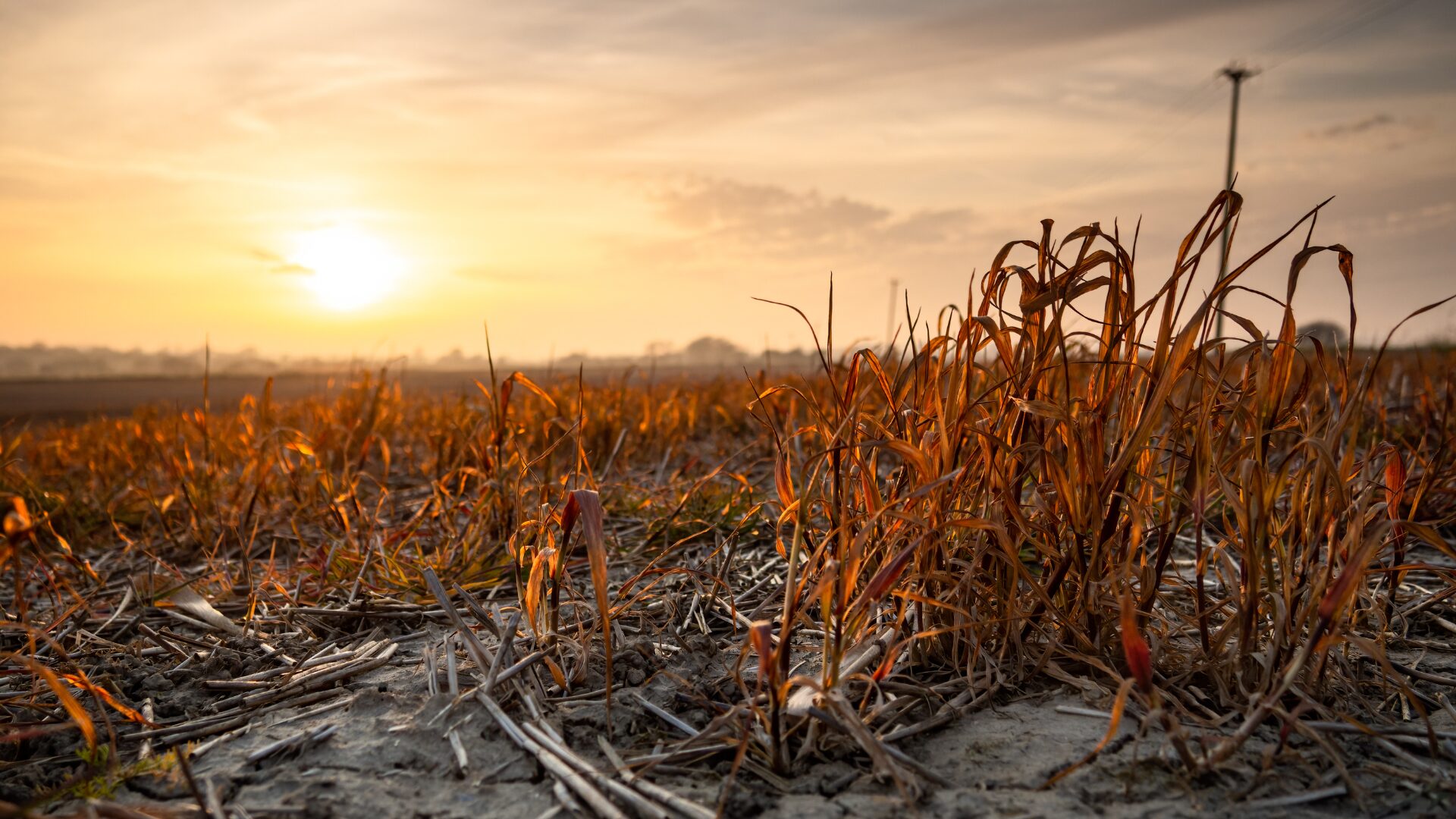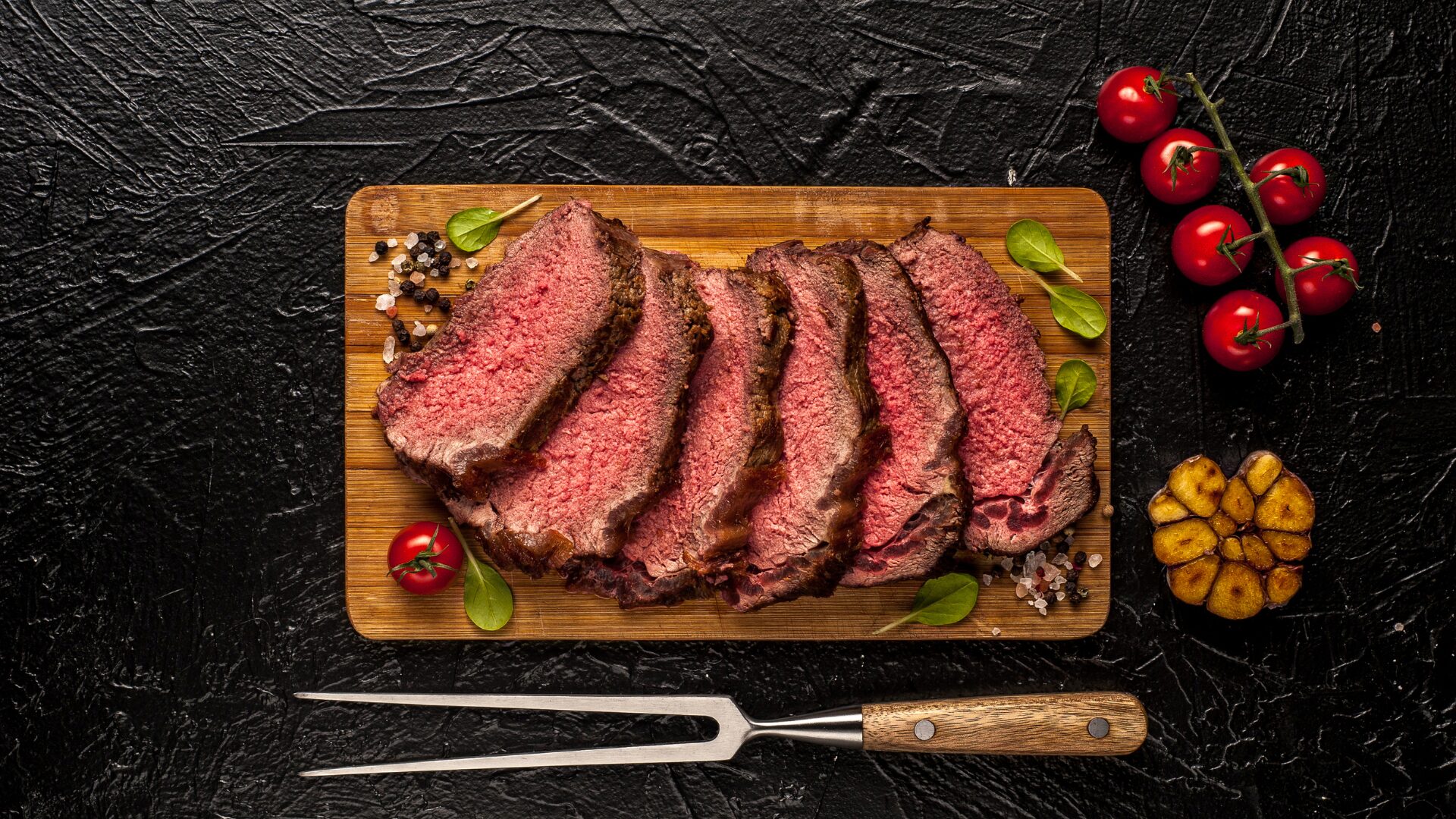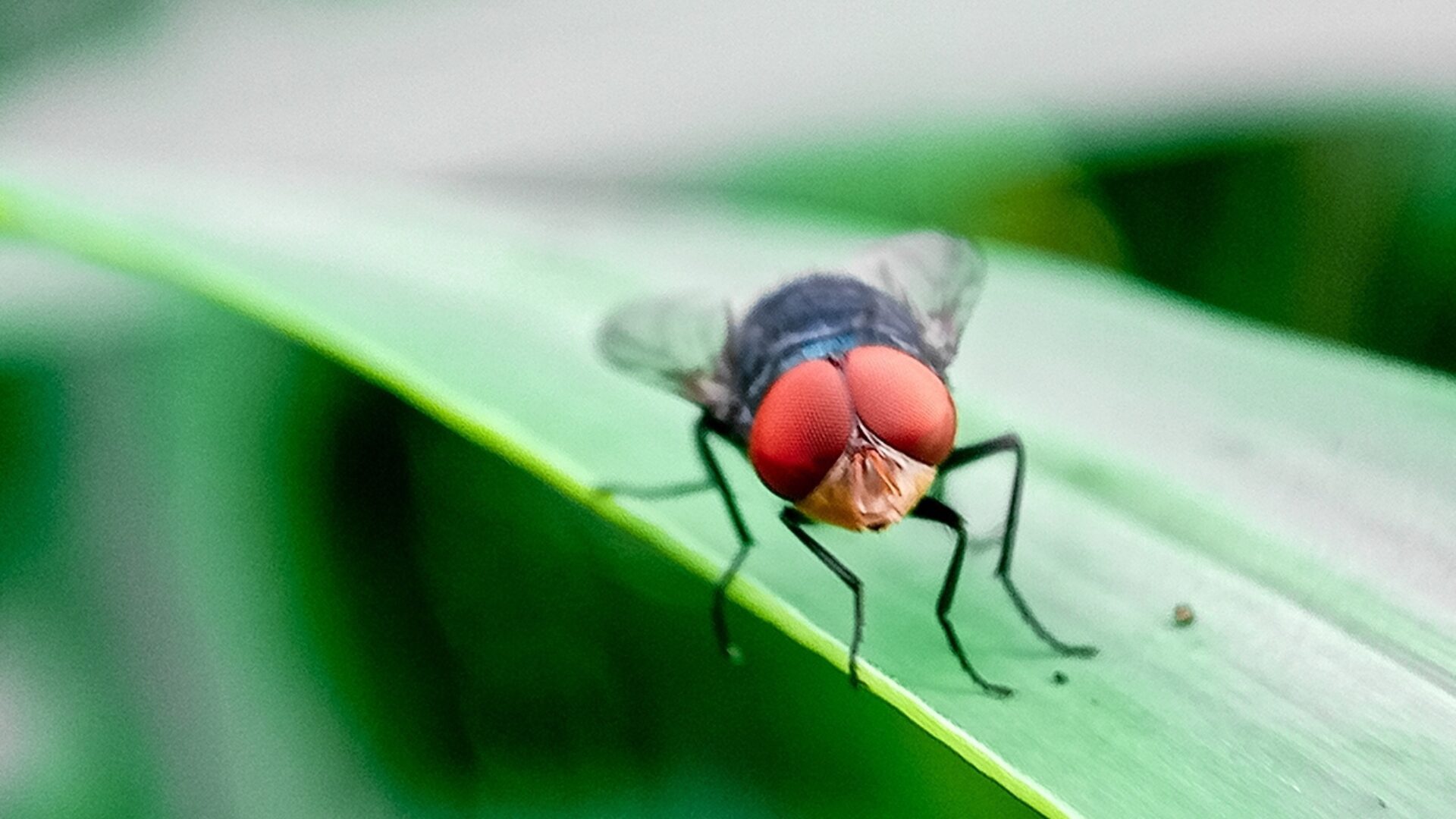The recent spread of a highly pathogenic avian influenza (HPAI) strain (H5N1) to dairy cows in the United States has raised concerns about the potential impact on the dairy and beef industries. While the U.S. Department of Agriculture (USDA) has stated that there is little safety risk, the outbreak has unsettled the industry, with cattle and milk prices taking a hit.
Risks to Consumer Demand
There are concerns that some consumers may be hesitant to drink milk or eat beef due to the outbreak, potentially hurting demand. Analysts have noted that “risks to consumer demand for dairy are prevalent in conversations,” although the actual impact on buyer behavior remains unclear.
Supply-side Concerns
The infection of dairy cows by the same virus strain that has caused unprecedented deaths in wild birds and poultry globally is also raising concerns on the supply side. Infected Texas dairy cattle are experiencing decreased lactation and low appetite, with older cows more likely to be severely impacted.
Some herds infected with H5n1 have reported pneumonia and clinical mastitis, an inflammatory disease. While most animals seem to recover in as many as two weeks with supported care, some cows may never see their milk production recover to pre-infection levels, potentially leading to culling. The overall impact on the milk supply is expected to be mild, however, as the number of affected farms and cows remains relatively small.
Human Infection and Safety Measures
In early April, a person in Texas was infected with the virus after exposure to infected dairy cows, although the risk to the general population remains low according to the Centers for Disease Control and Prevention. The CDC has advised against consuming uncooked or undercooked food from potentially infected animals.
Milk from impacted animals is being diverted or destroyed to prevent it from entering the human food supply. The USDA and the Food and Drug Administration have stated that there is no concern about the safety of the commercial milk supply, as pasteurization inactivates viruses like influenza.
Impact on Major Producers
Cal-Maine Foods Inc., the largest egg producer in the U.S., has culled 3.6% of its flock after birds at a Texas facility tested positive for avian flu, adding to concerns over the widening outbreak. This is the biggest bird flu casualty in the U.S. since December 2022 when 2.6 million birds were killed at an Ohio egg farm. While the virus has not been found in beef cattle herds so far, cattle futures fell 2.7% following the confirmation of the human case in Texas before trimming some losses the following day.
Overall, the situation requires close monitoring and coordination between agencies to ensure the spread is contained. Based on the current information, however, the risks appear manageable, with no major disruptions expected to the dairy and beef supply chains.
The Food Institute Podcast
Is there a business case to be made for diversity, equity, and inclusion (DEI) efforts? According to Julie Swift, foodservice industry veteran and founder of The Foodservice Women’s Alliance, the answer is a resounding yes. On this episode of The Food Institute Podcast, Swift helps explain the impacts of unconscious bias, and how simple it can be to bring all team members to the table when leadership buys into DEI efforts.


